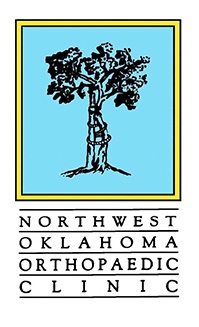Periprosthetic Shoulder Infection
What is a Periprosthetic Shoulder Infection?
A periprosthetic shoulder joint infection is a very rare, but devastating complication of shoulder replacement surgery characterized by infection of the tissues surrounding your shoulder prosthesis.
Causes of Periprosthetic Shoulder Infection
A periprosthetic shoulder infection can be caused by:
- Breaks in the continuity of the skin
- Dental procedures
- Other surgeries
Risks Factors for Periprosthetic Shoulder Infection
The risk factors for periprosthetic shoulder infection are:
- Older age
- Underlying comorbid conditions such as diabetes
- Immunocompromised patients
Signs and Symptoms of periprosthetic shoulder infection
The signs and symptoms of a periprosthetic shoulder infection are:
- Increased redness around the incision site
- Increased pain around the incision site
- Warmth around the incision site
- Drainage of pus or fluid from the incision site
- Fatigue
- Fever
Diagnosis of Periprosthetic Shoulder Infection
Your doctor will make a diagnosis based on:
- Signs and symptoms
- Physical examination
- Imaging studies
- Blood tests
Treatment of Periprosthetic Shoulder Infection
The various treatment options for periprosthetic shoulder infections are:
Antibiotics: This is generally the first line of treatment. The antibiotics are usually administered via the intravenous route. If it is determined that the infection is only in the skin and superficial tissues, antibiotic therapy may be enough to treat the periprosthetic shoulder infection.
Debridement: This is a surgical procedure in which your surgeon will remove contaminated tissue and clean the shoulder joint thoroughly without removing the prosthesis. Intravenous antibiotics will also be administered for at least 6 weeks.
Replacement of the Shoulder Prosthesis: In case the periprosthetic infection occurs months or years after the placement of the shoulder implant, removal of the prosthesis is usually necessary. The shoulder joint will be cleaned of all infected or necrotic tissue and an antibiotic spacer placed within the joint. IV antibiotics will be administered for a period of 6 weeks. Once the joint is cleared of infection, the antibiotic spacer will be removed, and a new prosthesis placed within the shoulder.
Prevention of Periprosthetic Shoulder Infection
The risk of developing a periprosthetic shoulder infection can be significantly reduced by:
- Preoperative tests to check for infectious organisms
- Washing your skin with antibiotic soap prior to surgery
- Postoperative antibiotic use as recommended by your doctor
- Prophylactic antibiotic coverage when undergoing certain procedures (e.g. tooth extraction)

